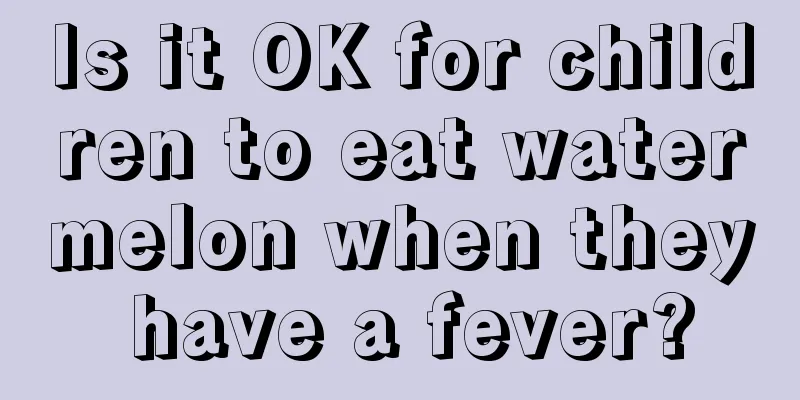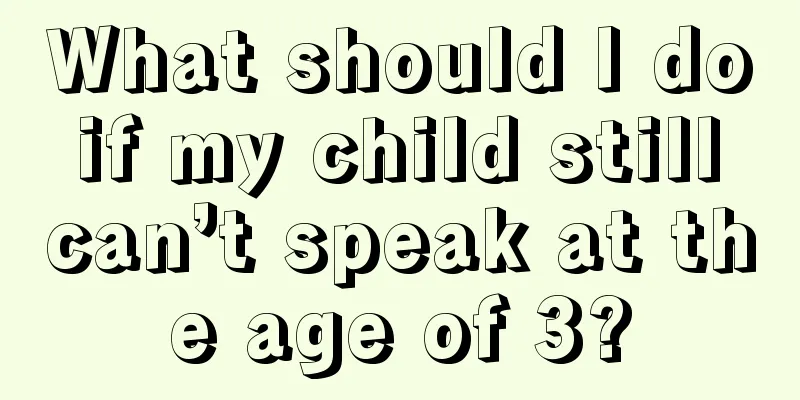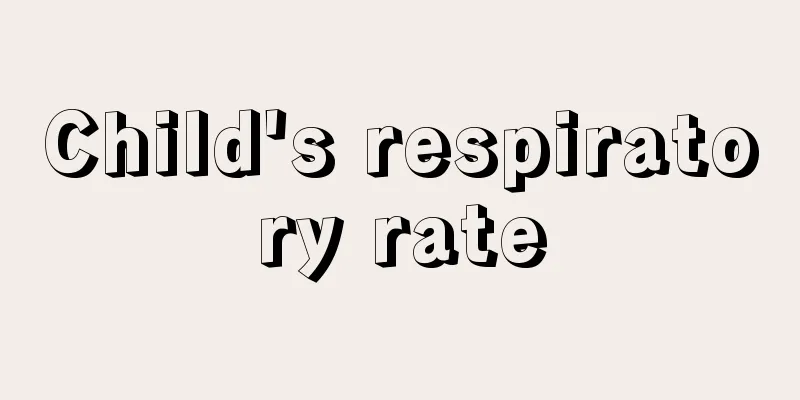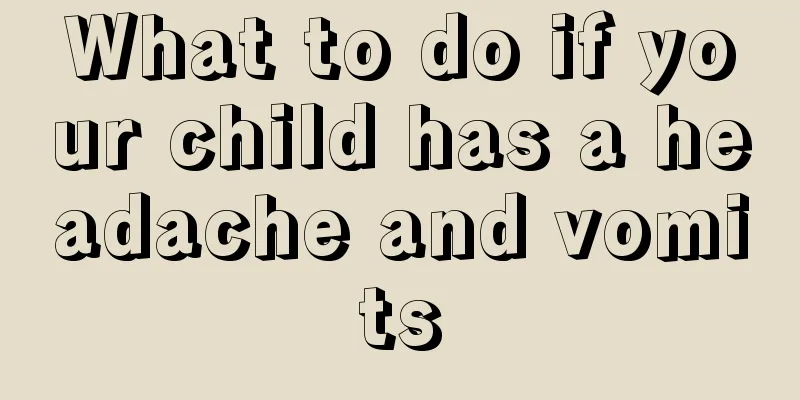Can children take vitamin B?
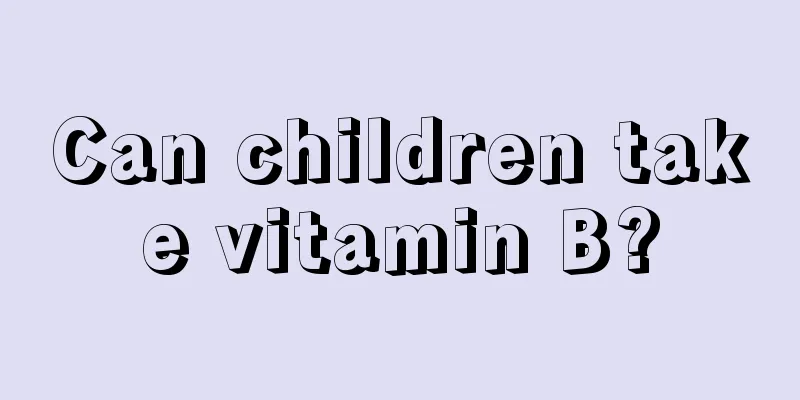
|
Vitamin B is a common nutrient in life. It has many benefits to human health and is an essential nutrient in the human body. Once vitamin B deficiency occurs, it will cause health abnormalities and seriously affect daily life and work. Therefore, many adults take vitamin B supplements to regulate their bodies. Since vitamin B is good for health, I wonder if children can consume it. Can children take vitamin B? Children can eat it. However, if you are not picky about your diet, B vitamins are least likely to be deficient. At the same time, because it is water-soluble, long-term use will not easily cause accumulation in the body. However, if you take it simply as a nutrient, it is recommended to supplement it through your daily diet. If used as drug treatment, symptomatic treatment is recommended. In general, B vitamins can be taken for a long time. If not taken properly, only the following minor side effects will occur: Vitamin B1: When taking more than 5-10g per day, side effects such as tremors, herpes, edema, nervousness, increased heartbeat and allergies may occasionally occur. Vitamin B2: Excessive intake may cause itching, numbness, nosebleeds, burning sensation, stinging, etc. Vitamin B3: Skin flushing, itching, gastrointestinal reactions, mild liver dysfunction and visual impairment, etc. Vitamin B5: So far, no side effects are known. Vitamin B6: Excessive intake may lead to so-called neuropathy, a neurological disease with decreased sensation and, in the worst case, loss of sensation in the skin. Vitamin B7: Not available. Vitamin B9: Taking large doses of folic acid may interfere with the effects of anticonvulsant drugs and induce seizures in patients; taking 350 mg of folic acid orally may affect the absorption of zinc, leading to zinc deficiency, resulting in fetal growth retardation and an increase in low birth weight babies; it may mask the early manifestations of vitamin B12 deficiency and cause damage to the nervous system. Vitamin B12: Injection of excessive vitamin B12 may cause allergic reactions such as asthma, urticaria, eczema, facial edema, chills, etc. It may also cause nervous excitement, precordial pain and palpitations. Excessive intake of vitamin B12 can also lead to folic acid deficiency. Therefore, it is recommended that children obtain B vitamins from food, which is both safe and effective. |
<<: What to do if your baby gets stuck while eating an apple
>>: The skin on the baby's legs is rough and dry_The skin on the baby's legs is rough
Recommend
What to eat for children with poor appetite
Faced with the hot summer, adults will lose their...
What oil is best for one-year-old babies?
In the first few months after the baby is born, b...
How to lose weight for obese children
Children are growing and need more nutrition than...
Treatment of small pimples on children's hands
Small pimples on children's hands are a relat...
What is the order in which baby teeth grow?
The order of baby's teeth growth is from 6-7 ...
Precautions for child safety seats [Hot Mom Baby]
A child safety seat is a seat designed specifical...
What is the disease that causes left side back pain in children?
Generally speaking, when a person says he or she ...
What are baby teething sticks made of?
When your baby starts teething, he will have some...
Six common misunderstandings about children's colds that need attention
Now that the smog is gone, the number of children...
How to educate babies aged one to three years old?
After the baby reaches a certain stage of growth,...
How to treat allergic conjunctivitis in children
Children's eyes are relatively fragile, and t...
The reason why children have repeated fevers for several days
Every child's physical condition is different...
What is missing from my child’s rough skin? What’s going on?
In my opinion, babies' skin is generally smoo...
How many months does the baby crawl?
In fact, mothers are very worried about their chi...
How can children correct their hunchbacks through self-exercise?
Many parents will find that their children have p...
